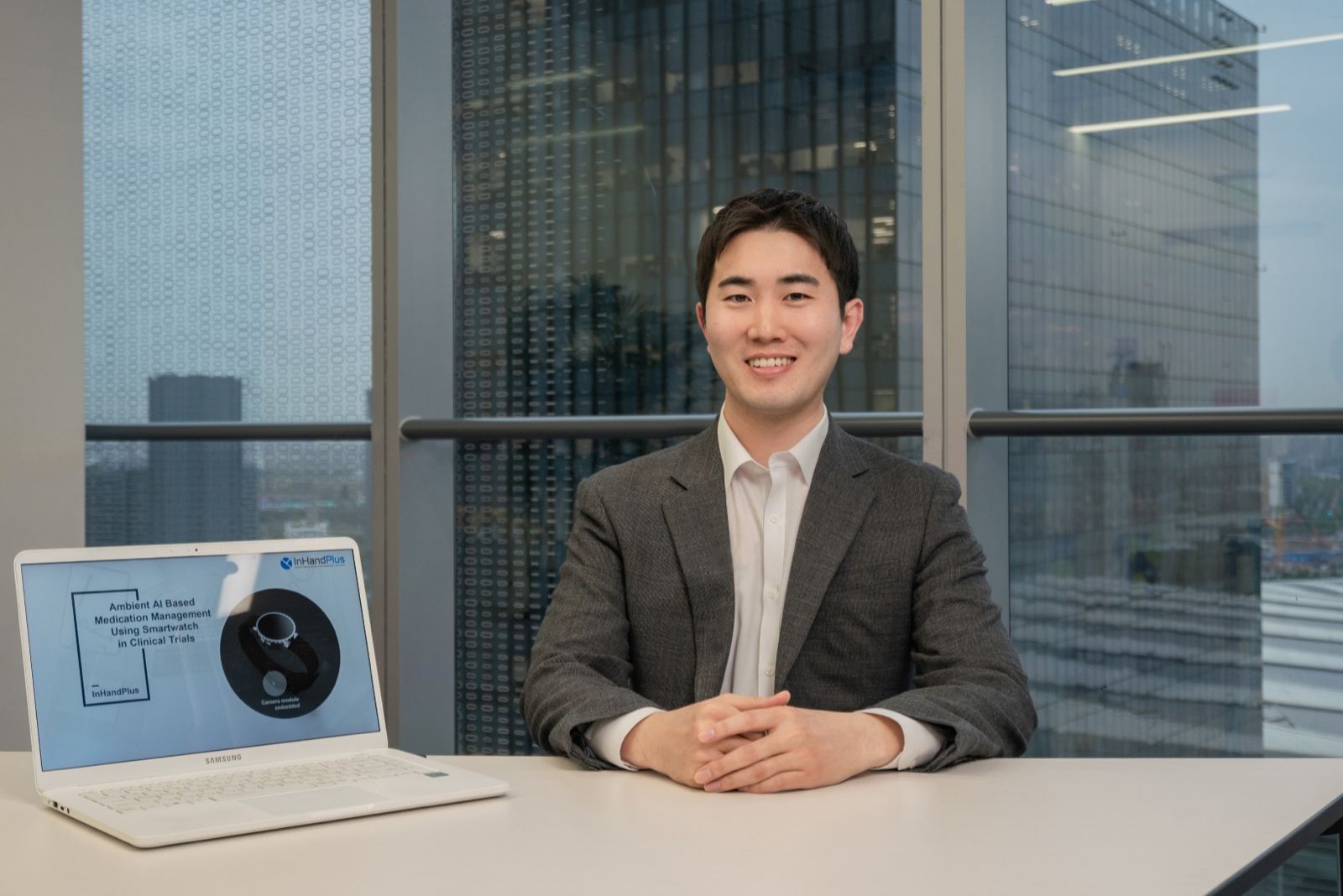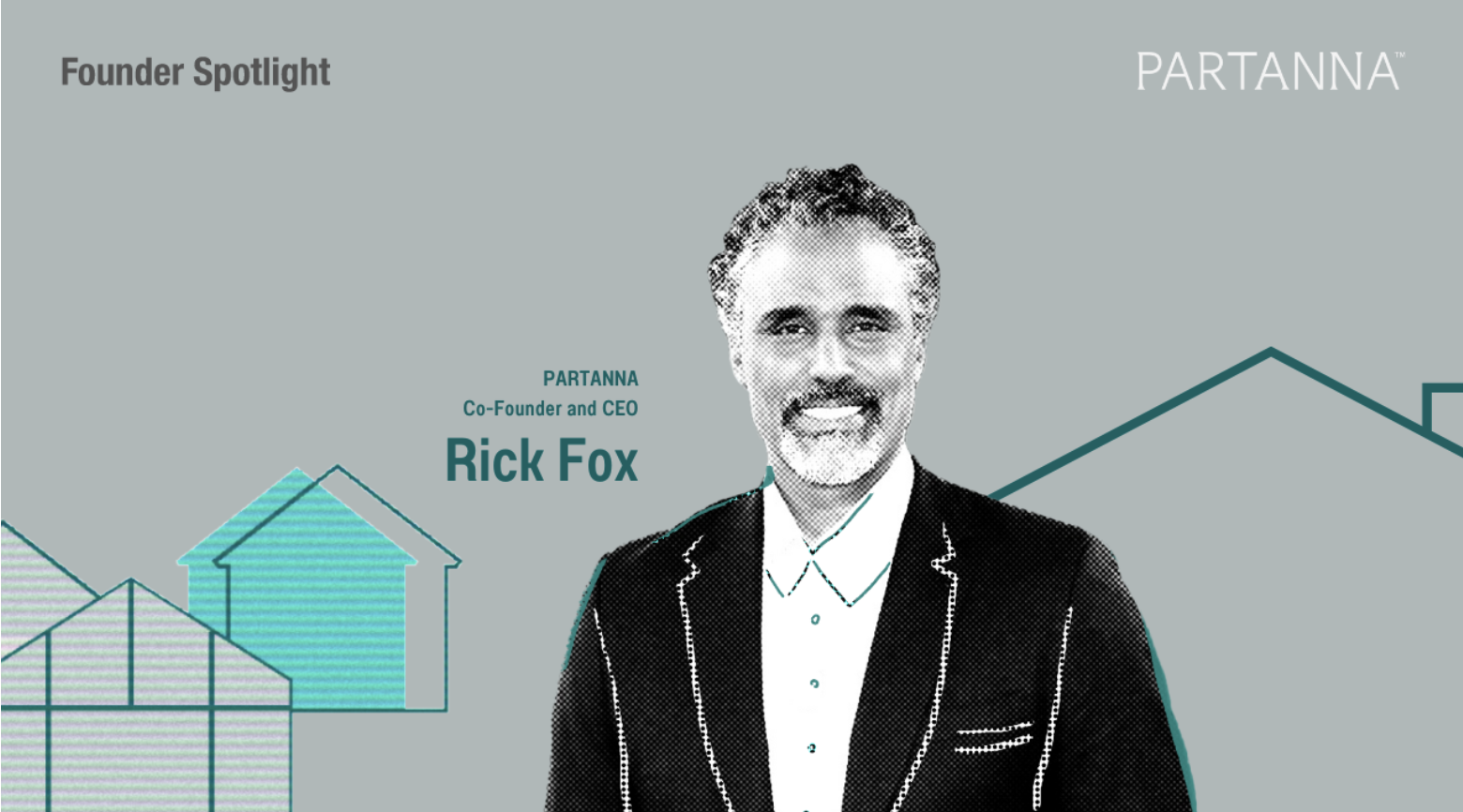AsiaTechDaily – Asia's Leading Tech and Startup Media Platform

Social Commerce Platform CityMall raises US$75 million funding in Series C
Norwest Venture Partners led a $75 million Series C round of fundraising for Indian social commerce startup, CityMall. The group-buying platform intends to upgrade people living in Tier-II and beyond to online buying.
This is CityMall’s third fundraise in the last 1.5 years. Formed in 2019 by Angad Kikla and Naisheel Verdhan, the startup has raised a total of $110 million to date. General Catalyst, Citius, Jungle Ventures, Arena Ventures, Elevation, Accel, and Waterbridge also participated in this Series C investment round.
“This money is a vindication of our business strategy, where we pioneered community group buying in the country,” said Angad Kikla, co-founder of CityMall
This investment round has raised the firm’s valuation to $310 million.
The Road Ahead
CityMall will now attempt to expand its reach into India’s Bharat market, including people who live outside of the country’s major cities. This firm has grown thanks to a network of community leaders who act as marketing and logistical partners while also earning additional money.
The primary distinction between India’s metro and non-metro e-commerce sectors, according to Angad, is the low penetration of online buying. Non-metro eCommerce also sees smaller-ticket sales, averaging approximately Rs 300-350, due to lower family incomes.
According to CityMall’s co-founder, the most significant problem is building the supply chain for such low-ticket eCommerce buy products, which the company has solved mainly through its community leader aggregator model.
CityMall will utilize the fresh infusion of funds to expand its community leader network and establish its supply chain networks for India’s smaller cities. It plans to expand its reach to 100 towns in next 18 months. It will also invest in its product and technology development teams. Additionally, the company will expand its presence in fashion and general merchandise, which is the latest addition to its platform.
This business claims that in the previous 18 months, it has grown by more than 30% month–on-month, with 30,000 community leaders. According to Angad, the bulk of the purchases made this way are non-discretionary necessities, and 70 percent of the products sold are local brands.





